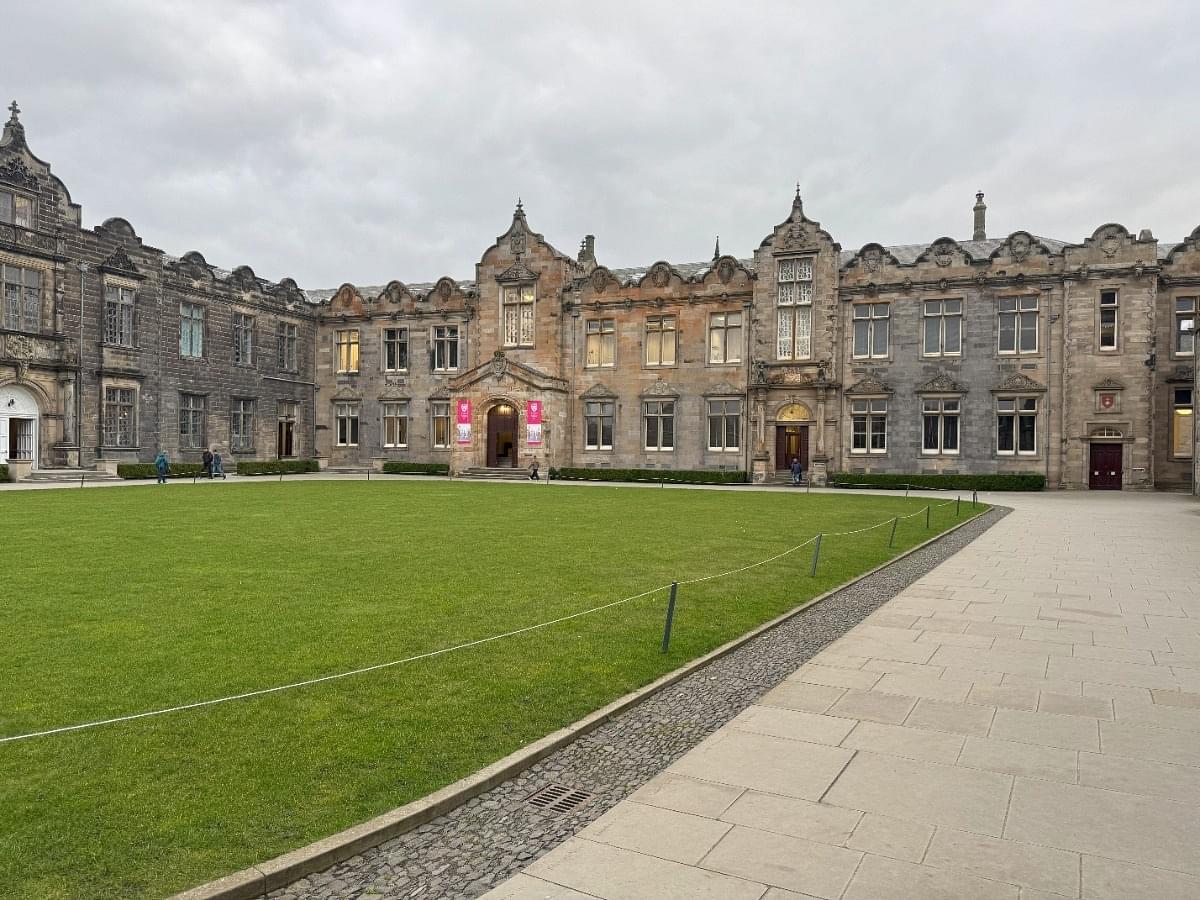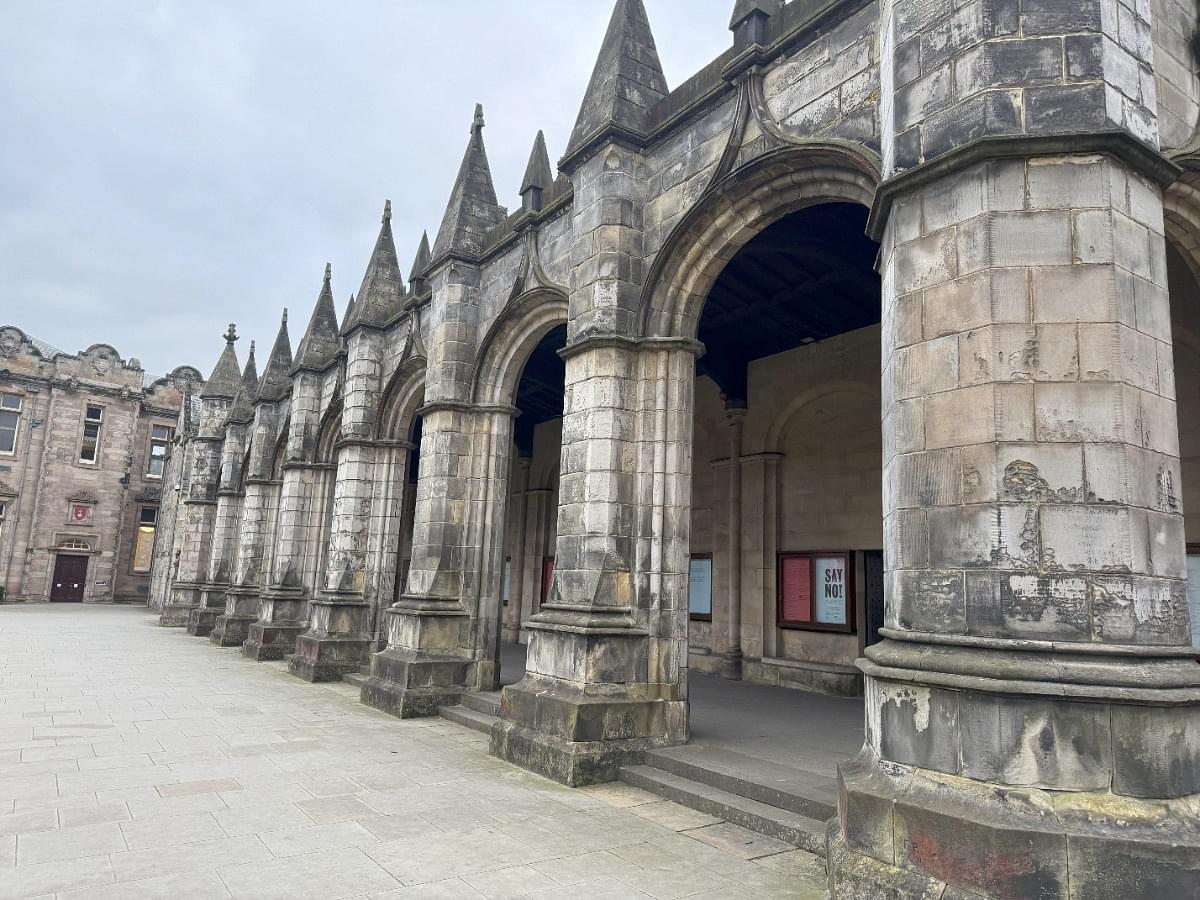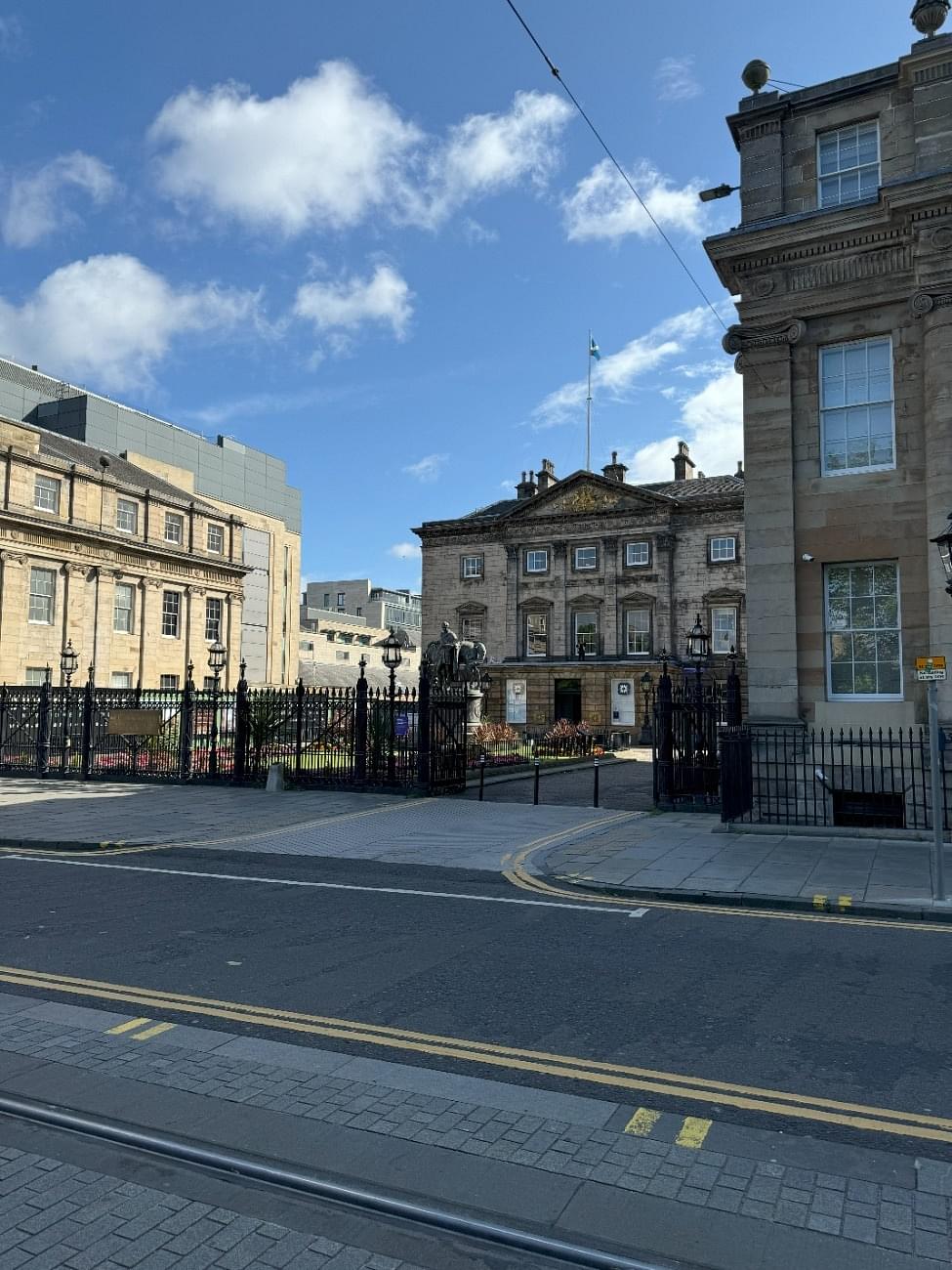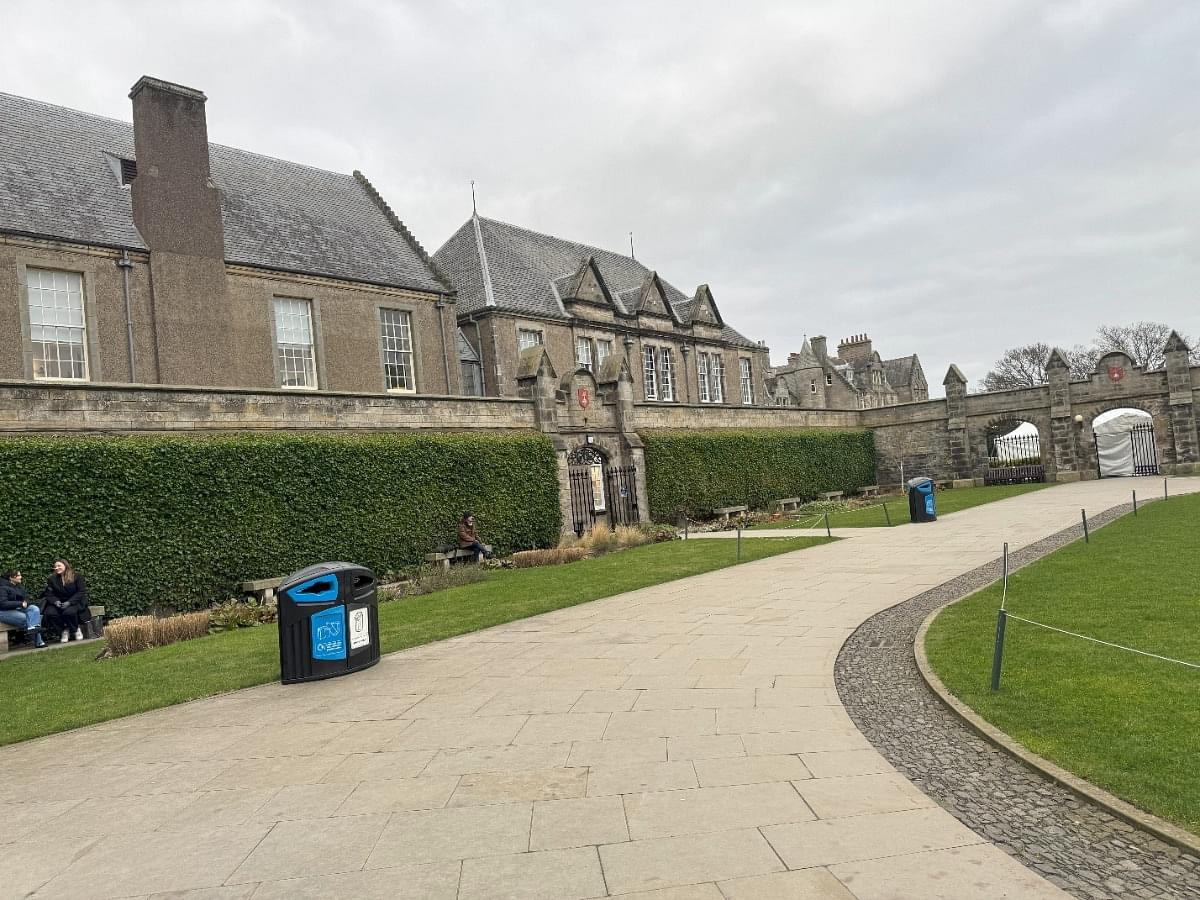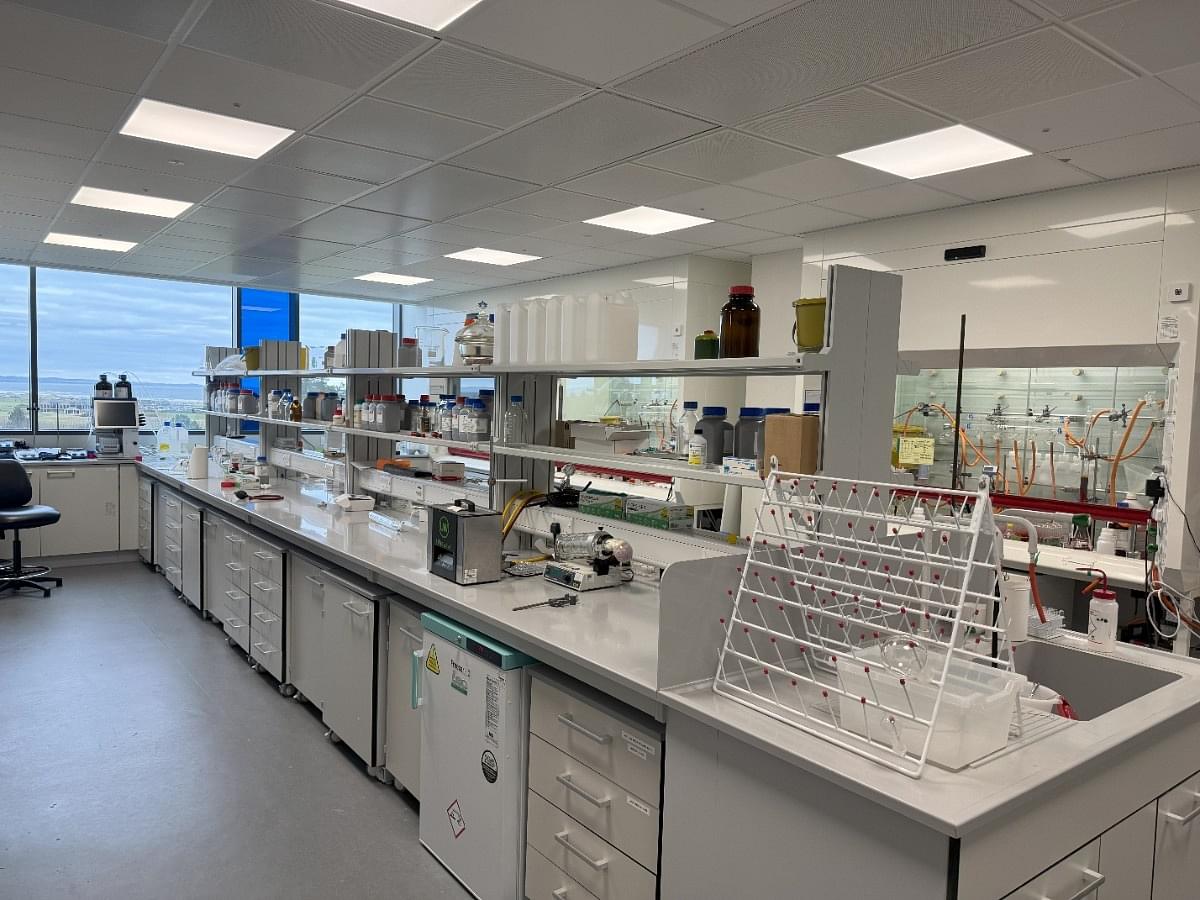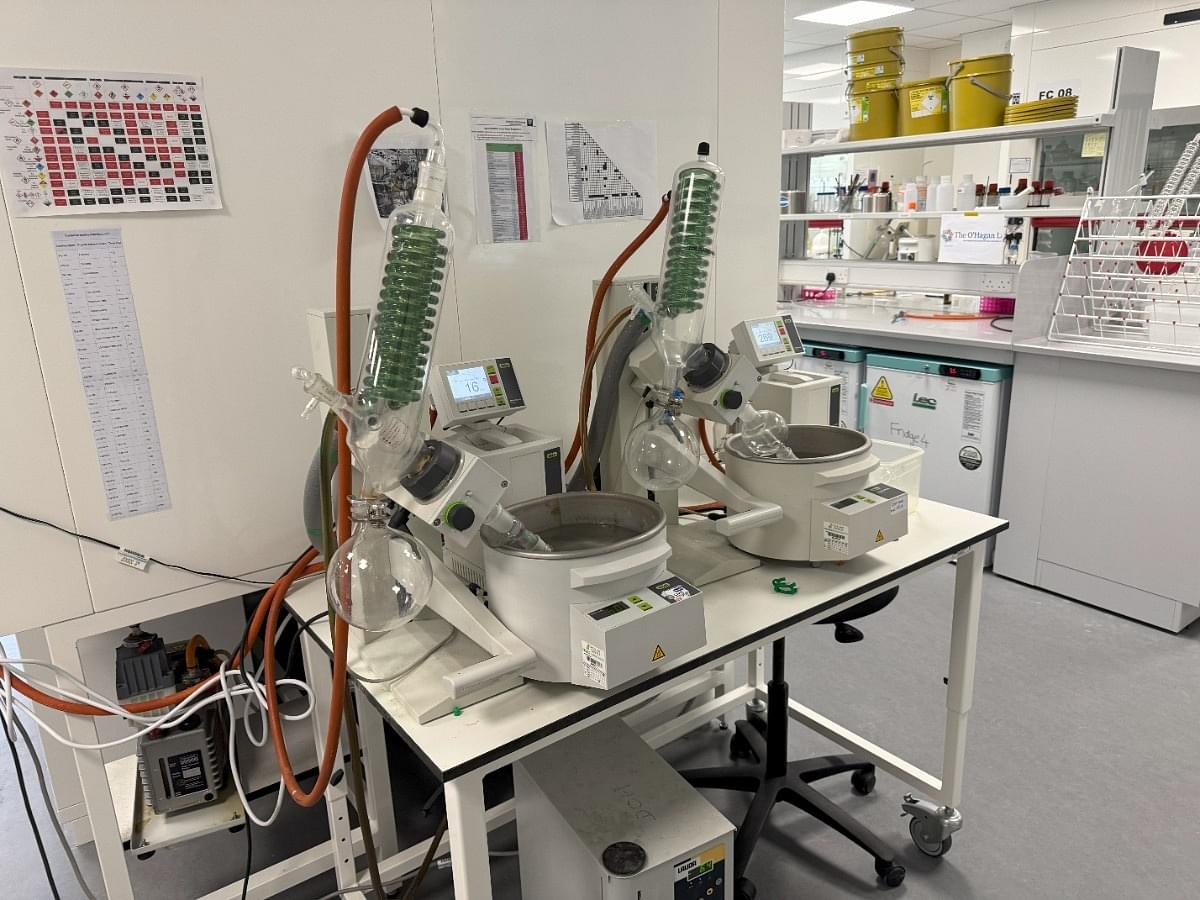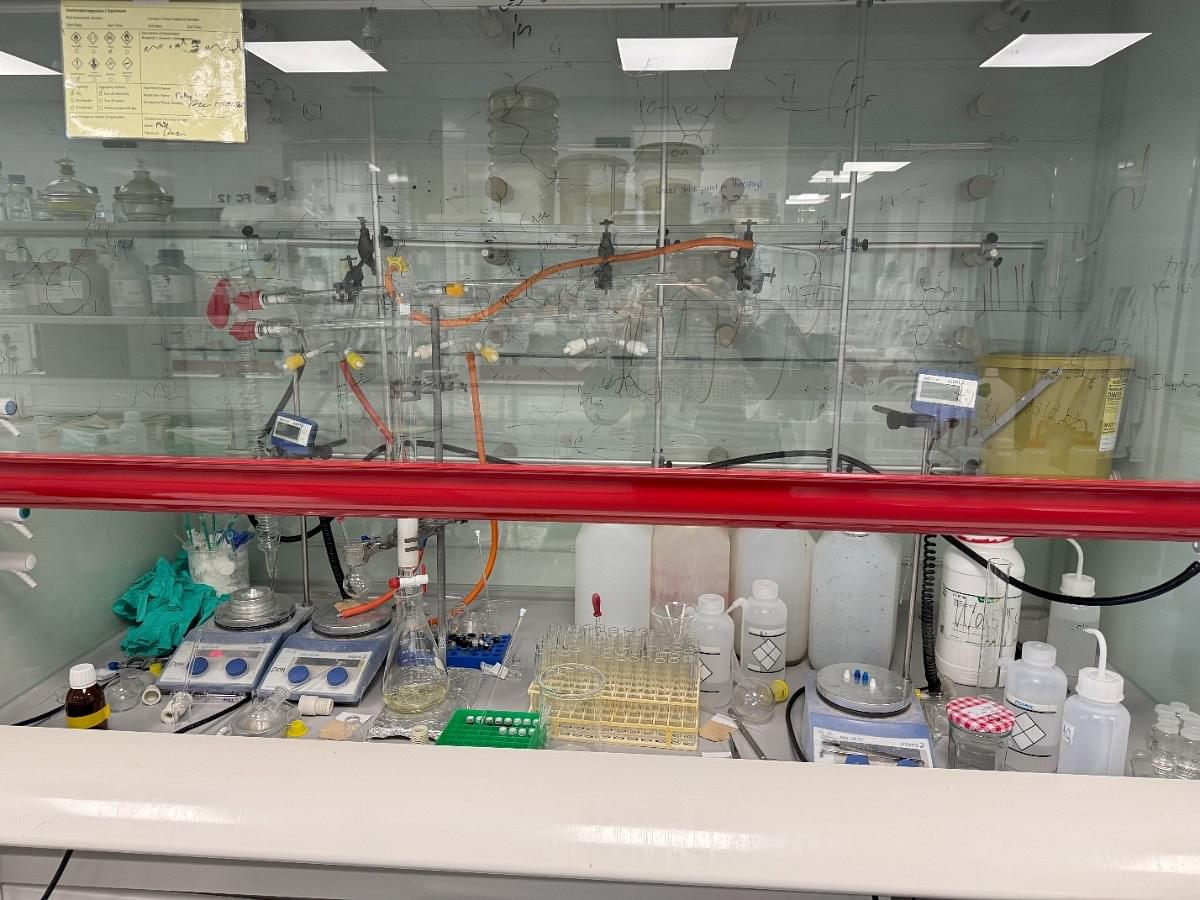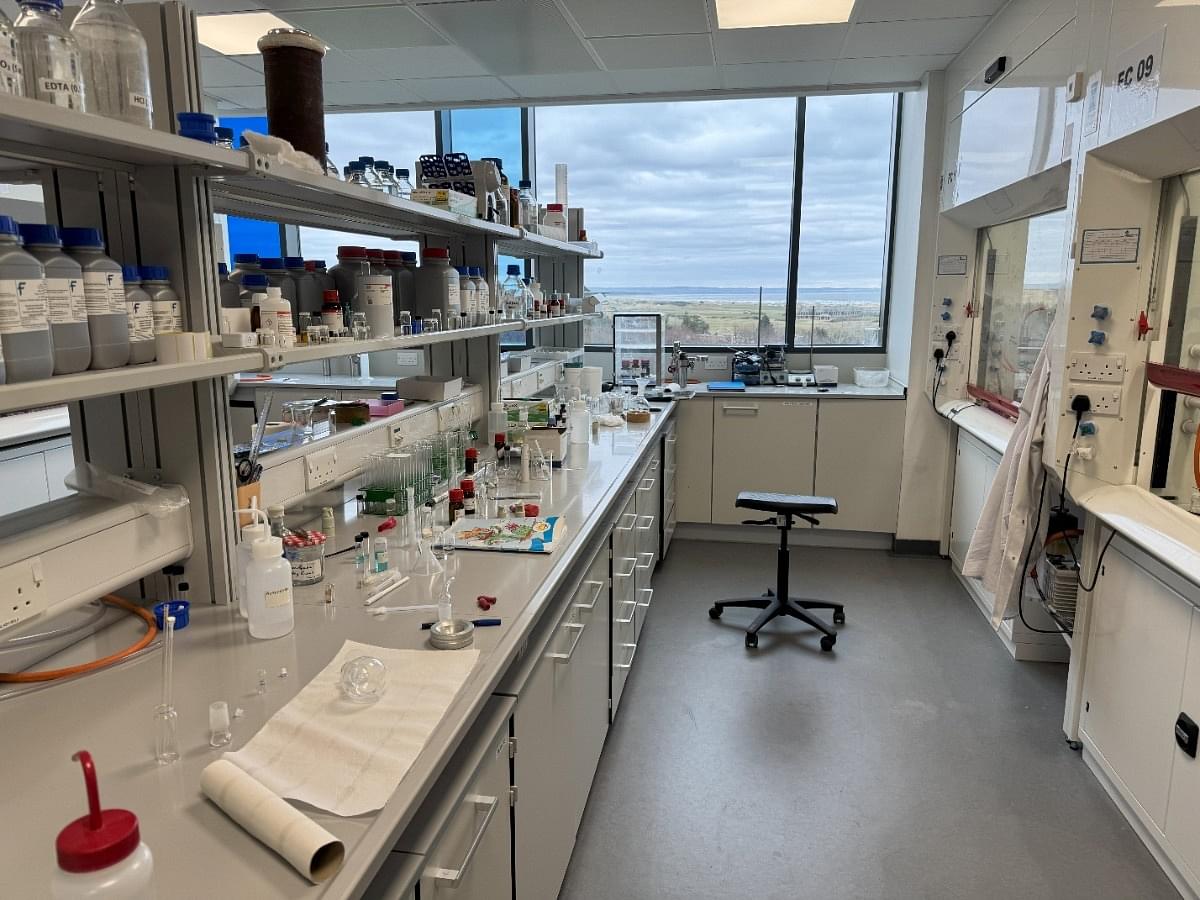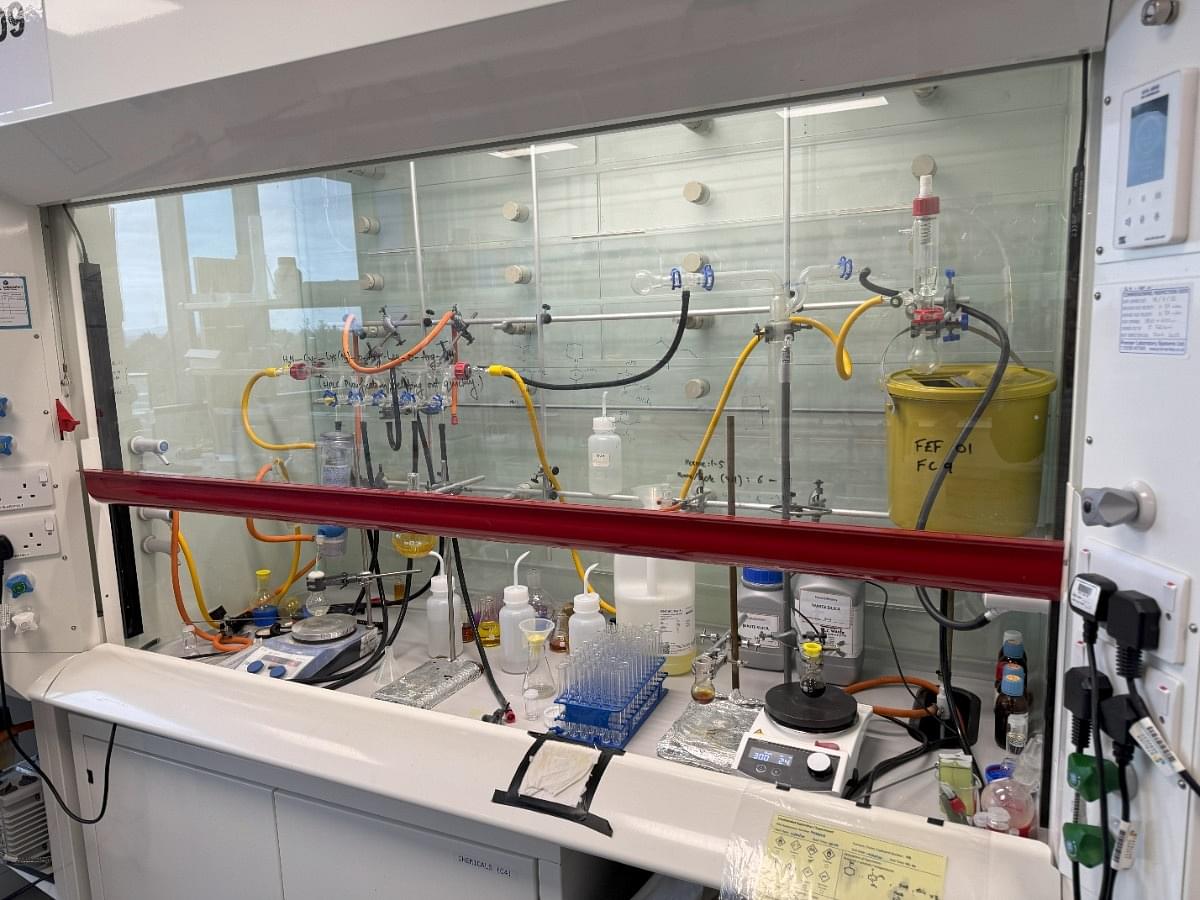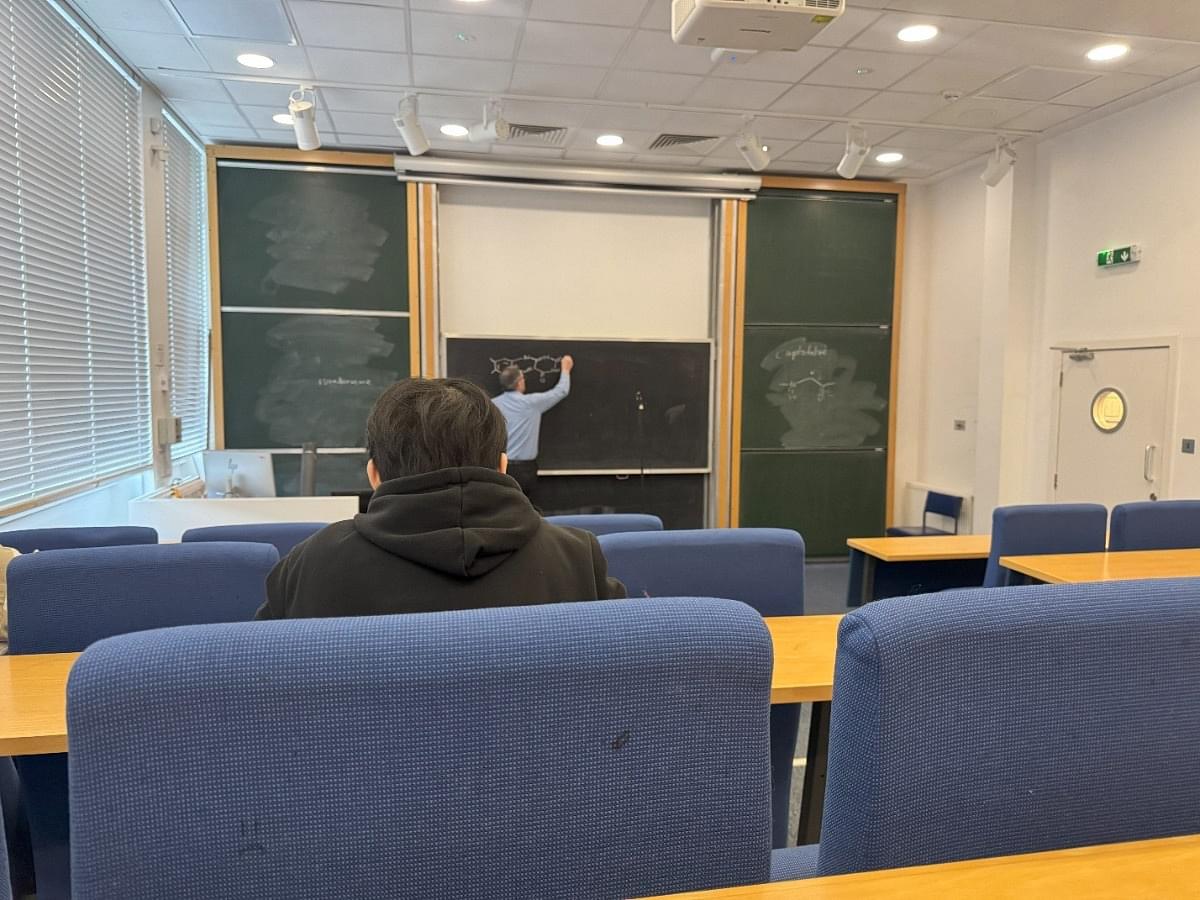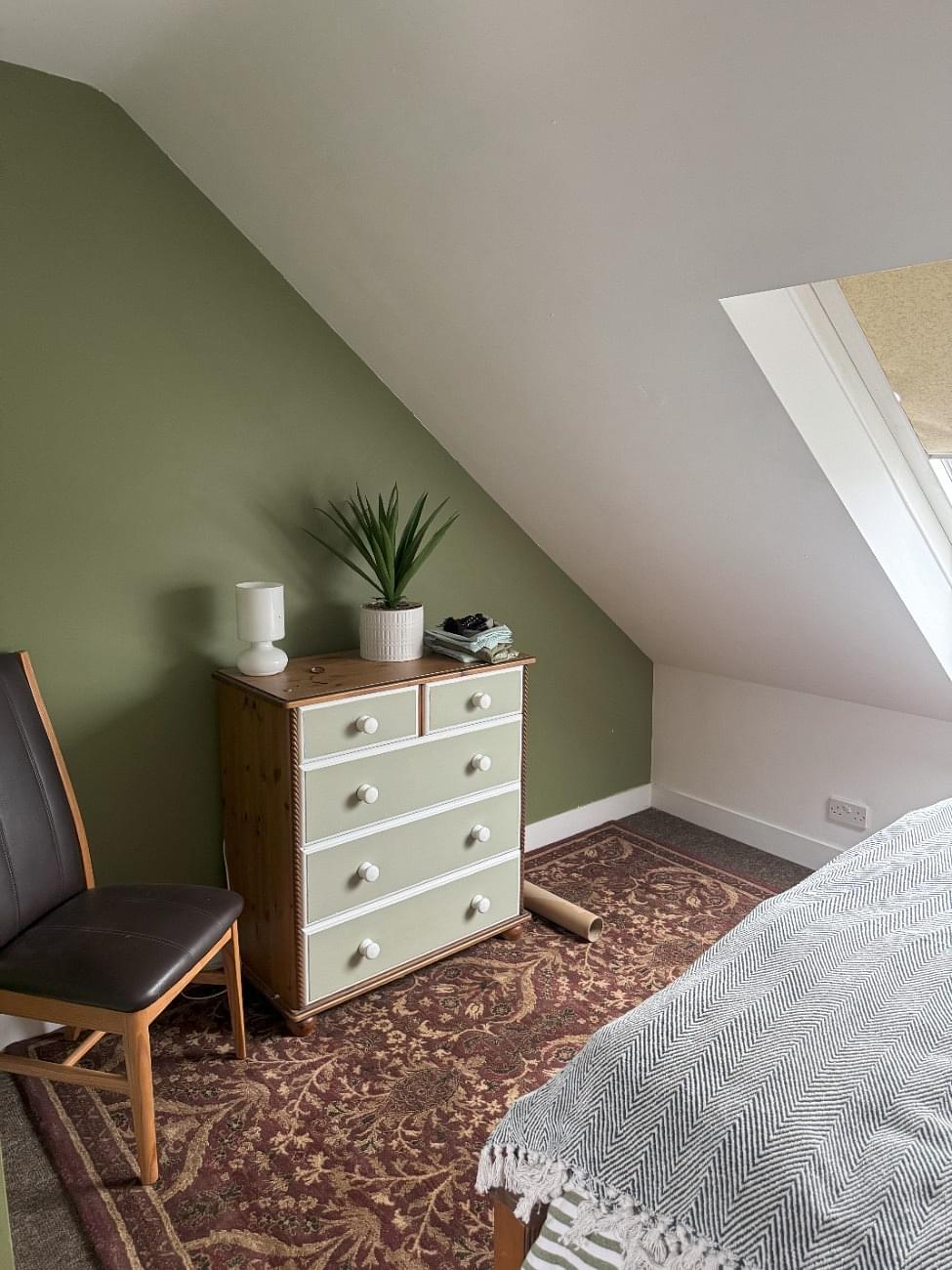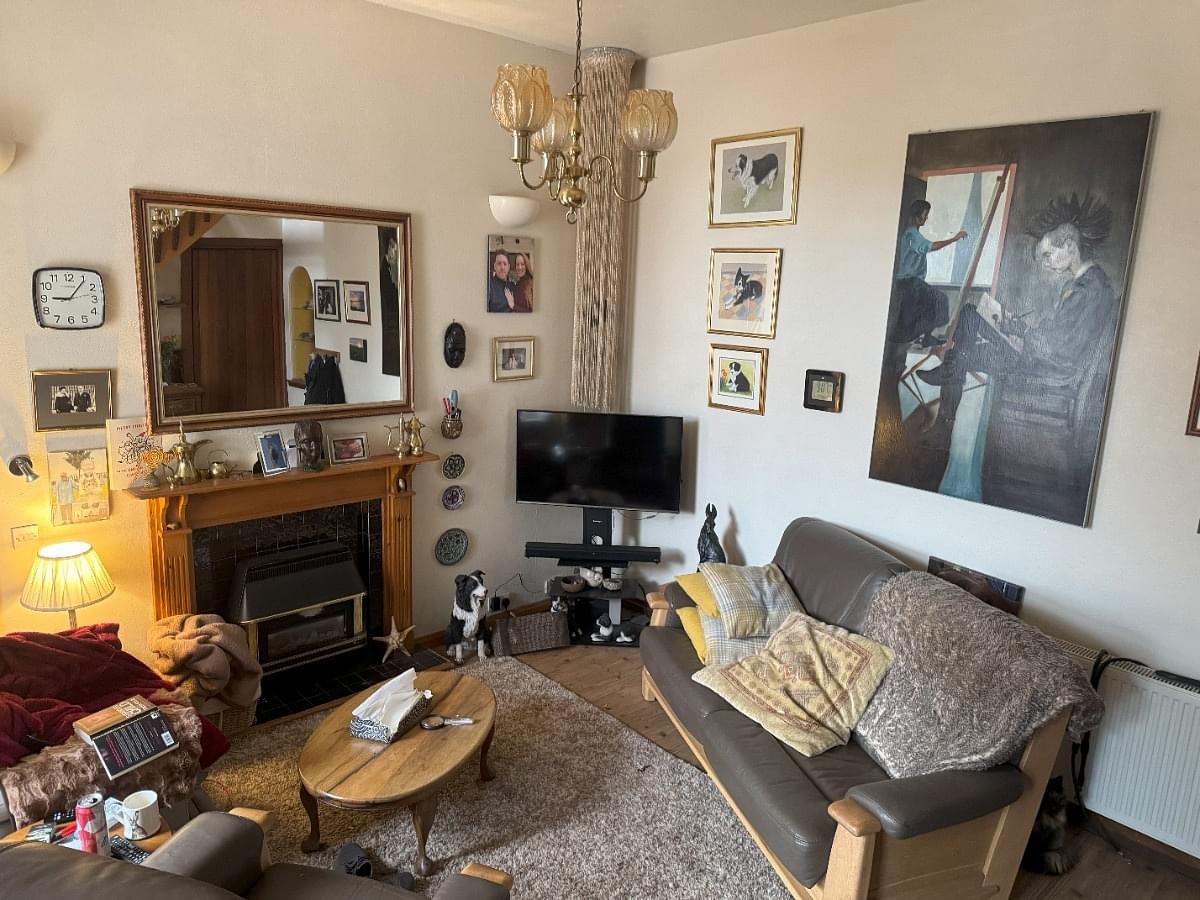What Students Say
Likes
- Research facilities (Highly sophisticated synthesis and instrumentation labs for air-sensitive chemistry, NMR, XRD, LCMS, Fluorescence, and Radiolabeling)
- Equality, Diversity and Inclusion
- Work-life balance
Dislikes
- To be honest, I am very happy in St Andrews, but a couple of things I did not fancy are: 1. Student accommodations are costly (But this is not a concern for funded students as the funding is sufficient to cover this but is a concern for self-funded students)
- It has an open campus, so you miss campus life.
Course Curriculum
- It is not difficult, but it is challenging to incorporate new research. It is more practical-based, but we also need to study a lot theoretically.
- The positive is that we gained more independent thinking skills along with research aptitude and experimental skills with problem-solving.
- There are no classes; we just need to spend our time in research labs. Yes, we need to do some coursework, but it is minimal. May 10 lectures of 1 hour each over 2 years.
- We are not in class; we are in a cohort here. I have 18 of them.
- 6 Indian students
Admission Experience
-
In the case of MRes and PhD, you first approach the PhD supervisor and meet him, and he/she agrees with you submit a formal application. In my case, I decided to go with St Andrews, Edinburgh and Oxford; I received an offer from all three universities and chose St Andrews.
I received my offer very soon, so I did not apply to many places. There was no rejection of place for me.
I chose St Andrews because of my supervisor. I wanted to work in organofluorine chemistry and chemical biology. Most of the top UK universities have nearly the same facilities; the difference is what makes the research project you choose, in my case, enzymatic radiolabelling. -
The admission process is quite straightforward. You make a formal application, are interviewed, and are offered the position.
During our application time, it was advisable to appear for IELTS. but later few students got without IELTS as well, as Indian students have their UG and PG education in English so IELTS is not mandatory for MRes and PhD.
I applied for the September 2022 intake because I did not want to take a break between my previous and current degrees. -
For MRes
I received an offer within one month.
April 22 - applied
May 22- Interview
May 22 - I got an offer -
For my PhD
I received an offer within two months.
March 2023 - interview and applied
May 2023 - I got an offer -
The admission process is quite straightforward, and usually, you do it after you speak with your potential supervisor. Once it is clear from his or her end, you get an offer quickly
Faculty
- I am enrolled in a research course. In my lab, we have 4 PhD, 3 MRes, and 4 UG projects, but we communicate sufficiently with our supervisor. Also, we have two postdocs, so we have satisfactory support.
- Yes, teaching is very impressive, and we receive total support. We are encouraged for symposiums, conferences and outreach events.
- Yes, faculty usually try to help students find jobs, and we also have a career centre here that helps students for up to three years even after their graduation.
- Of course, I admire my supervisor; he is very supportive and understanding make sure we are not stressed out or burned out.
Campus Life
- We have an open campus; most universities in the UK have an open campus concept. So the departments are spread across the entire town of St Andrews.
- We have most facilities like student advice and services, library, sports facilities, and medical services, student union cafe, art theatre.
- There a lot events which keep on going, here there are events for Indian festivals as well, for example diwali.
- Here we have clubs for most sports where you can get trained and form groups. The cultural events are conducted by the student union and are held on tuesdays and fridays but most events are based on western music and pub culture.
Part Time Jobs
- Teaching assistant is possible and most of PhD do it.
- The payment is made hourly, and it is 15.70 pounds.
- The maximum amount of work is 20 hours per week, according to UK visa rules.
- Students work at the library and other non-academic jobs; some work in cafes, pubs and bistros.
- It is very difficult to find part-time jobs, but TA is good you can get it easily.
- Same as mentioned above. 14 pounds per hour is minimum you earn. It is very difficult to secure a part-time job here. But TA duty is good and you can get it easily. You apply to the position adverusted directly, for TA here I had made an application and you need to take a few courses and you get selected based on your background and supervisor agreement.
Placement
- With a PhD most of them get a job before finishing their degree, usually people go for a postdoc.
- Ideally, I would say more than 80%.
- Students usually develop connections during their PhD studies, but we also have a career centre here that supports students up to 3 years after graduation.
- Most of my labmates have gone for post doc at the most reputable universities. Some of my labmates who have done their MSc project in my lab have got PhD positions and some decided to work at GSK, Astrazaenca, Roche.
Accommodation
- In my first year, I opted to stay at university accommodation, and in my second year, I moved to private accommodation. Here, I am living as a lodger.
- I found my accommodation through online website called spare room.
- The rent is 500 pounds, and I have access to the kitchen, wifi, hall, attached washroom and shower.
- Finding accommodation was very straightforward.
- For future students, speak with your landlord, agree on terms and conditions, and sign a detailed contract.
- My accommodation is 11 miles, I travel by bus and bus services are quite good and regular. Most of Indian students prefer to stay near by to universities in radius of 10-13 miles.
Exams
- IELTS
Statement of Purpose, LOR, CV - Yes, my admission was based on the interview.
- The interview is crucial, and 100% of the decision is made on whether or not you get the position. In the interview, you present your previous research for 15 minutes, followed by the question-answer session for 30 minutes. The interview was conducted by 3 professors, and they were interested in knowing my motivation to do the research here in the UK.
Fees
- When offered a position in the UK, you will always receive the expected expenses in your offer letter.
- For example, here is how it is in St Andrews: the international fee for PhD is £26,270 per year, and the living cost, including food, is £1000-1200 per month.
- Fees can be paid in instalments (in my case, my funding covers it).
- My monthly expenses is as rent is £500, food £300 for food, £100 for transport and £200 for other)
Scholarship
- Of course, most PhD programs are funded by UKRI, and some students bring their funding from their country. In my case, I am funded by East of Scotland Industrial Catalysis (UKRI). The eligibility is first-class BSc (Honours) or MSc.
- The award amount approx is £45000 per year (this increases every year). In this stipend is approx £ 19000 and £26000 is for tuition fees.
- Yes, most in my group and batch have received funding.
- In my department, roughly every year, 15-20 new students start with this fellowship with full awards.


